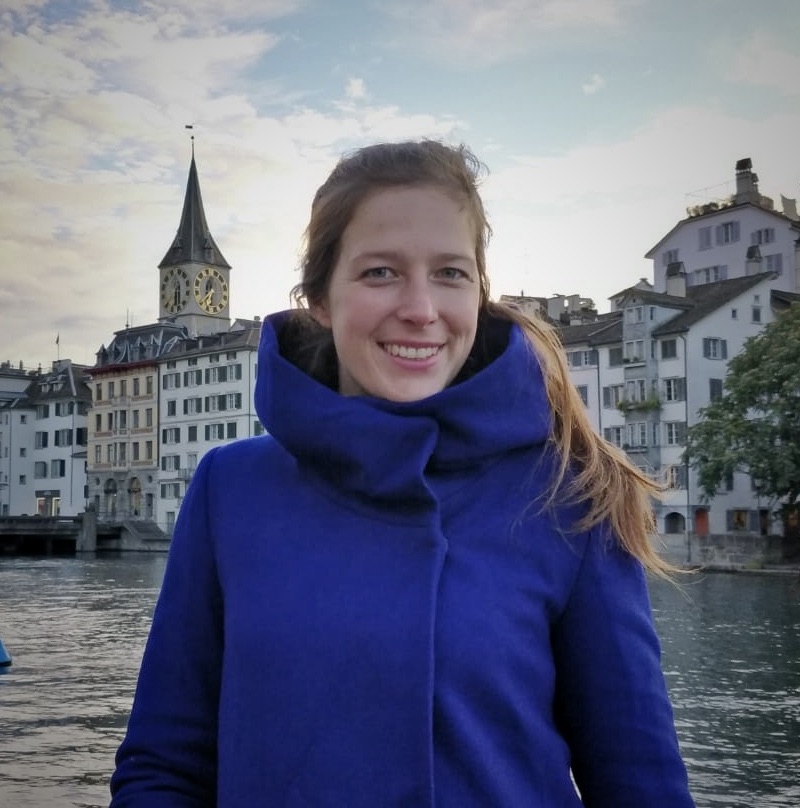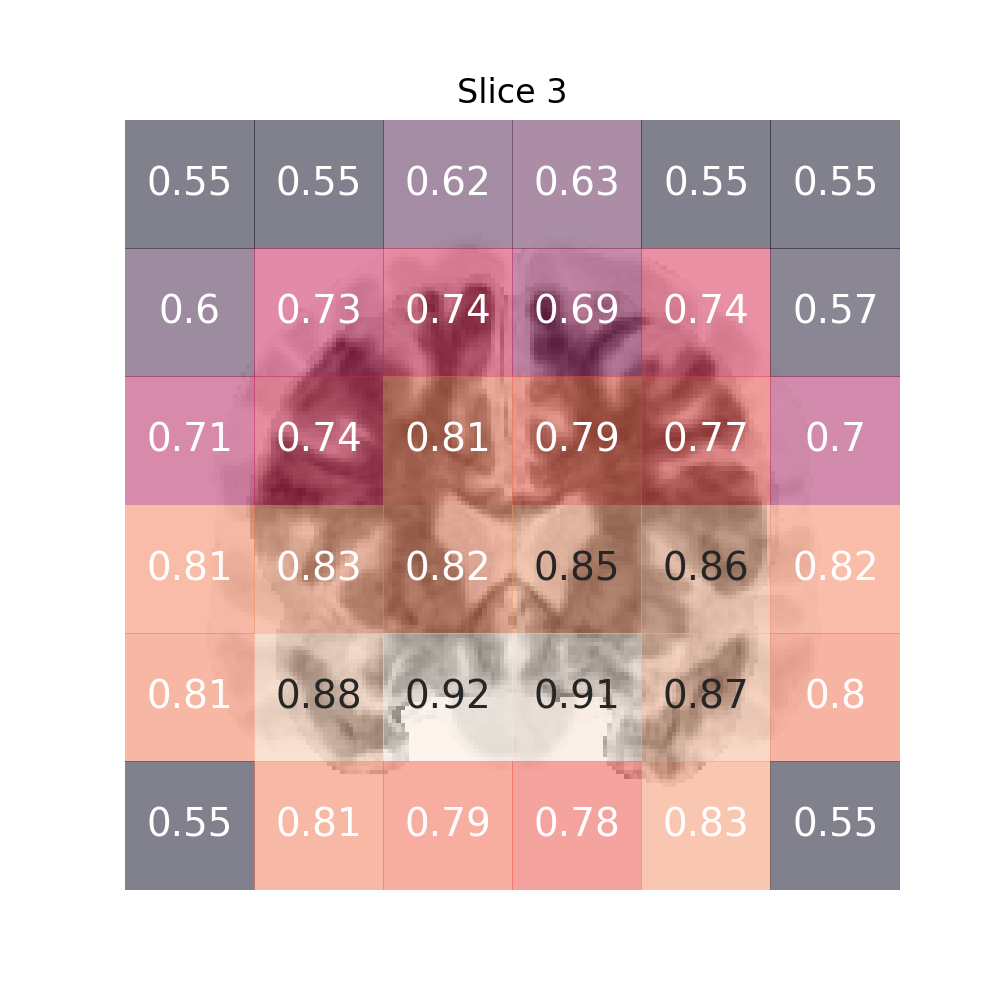sbrueningk.github.io
Dr. Sarah C. Brüningk

Contact Details
sarah.brueningk@bsse.ethz.ch
About me
I am a postdoctoral researcher working on the interface of computational biology, machine learning and oncology in the MLCB lab of Prof. K. Borgwardt at ETH Zurich. My expertise in both, practical biological lab work and computational implementations sets me apart from other computational biologists. This experience and my motivation to further scientific progress enable me to pursue challenging projects where multidisciplinary work is key.
My current projects span a range of topics including the prediction of Alzheimer’s disease using deep convolutional neural networks, the modelling of the Sars-CoV-2 epidemic in the city of Basel, and the simultion of intermittent treatments for recurrent high grade glioma patients. I was recently awarded a postdoctoral fellowship by the Botnar Research Centre for Child Health and am excited to start my work on image-based classification of radiotherapy response in pediatric brain tumours (diffuse midline glioma) this autumn!
Before joining ETH Zurich I completed my Phd at the Institute of Cancer Research under the supervision of Prof. Gail terHaar and Prof. Uwe Oelfke on the topic of analysis and simulation of combination treatments of radiation and focused ultrasound mediated heating.
Have a look at my CV and list of awards and conference contributions.
Research interests
For a complete and up-to-date list of my publications, please check out my Google Scholar profile.

Alzheimer’s Diesease Classification from MRIs
This is the main topic of my current Postdoc where I am investigating deep convolutional neural networks for the identification of imaging biomarkers of Alzheimer’s Disease. Check out our preprint on arXiv. This work was also be presented at this year’s Neurips ML4H workshop and Medical Imaging Meets Neurips workshop. We will now present an extension of this project at the 2021 Machine Learning for Healthcare conference, too.

High resolution Sars-CoV2 modelling in a city
This collaboration with the Unispital Basel aims to analyse the spatio-temporal spread of the Sars-CoV2 epidemic in the city of Basel to use the obtained information to guide vaccination scenarios. We base our simulations on a SEIR-model together with dynamic information on within city mobility, social interactions, and the socioeconomic structure of the city. This work has now been submitted for publication and a preprint is available on medrXive. I am also excited to present our project at the 2021 ECCMID conference!

Intermittent Radiotherapy for recurrent high grade gliomas
This project is a collaboration with Dr. Heiko Enderling and Jeff Peakock, MD at the Moffitt Cancer center, Tampa, FL. We started this project at the 2019 IMO workshop and are investigating intermittent radiotherapy as an alternative, palliative treatment to hypofractionated stereotactic radio surgery for recurrent high grade glioma patients. This work was presented at SMB in August 2020. Stay tuned for our publication which is in the late stages of preparation.

Combination treatments of radiation and hyperthemia delivered by focused ultrasound
This is work I performed during my PhD - have a look at the publications resulting from it: I designed an experimental set-up to perform in vitro focused ultrasound experiments, developped a cell survivial model quantifying the biological effects of radition and hyperthermia, studied the reponse of 3D tumour spheroids to these combination treatments, and also implemented a cellular automaton framework simulating the dynamic response of 2D and 3D cell cultures under radition and hyperthermia treatments.